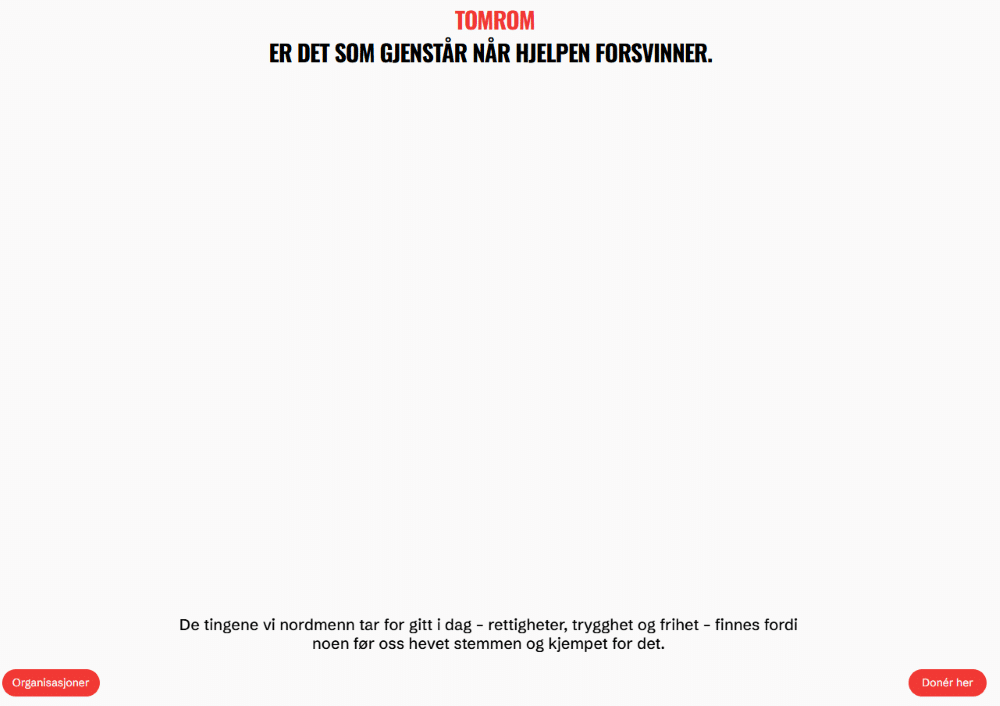Nyhetsarkiv
Her kan du lese nyheter og andre aktuelle saker fra SOS-barnebyer.
-
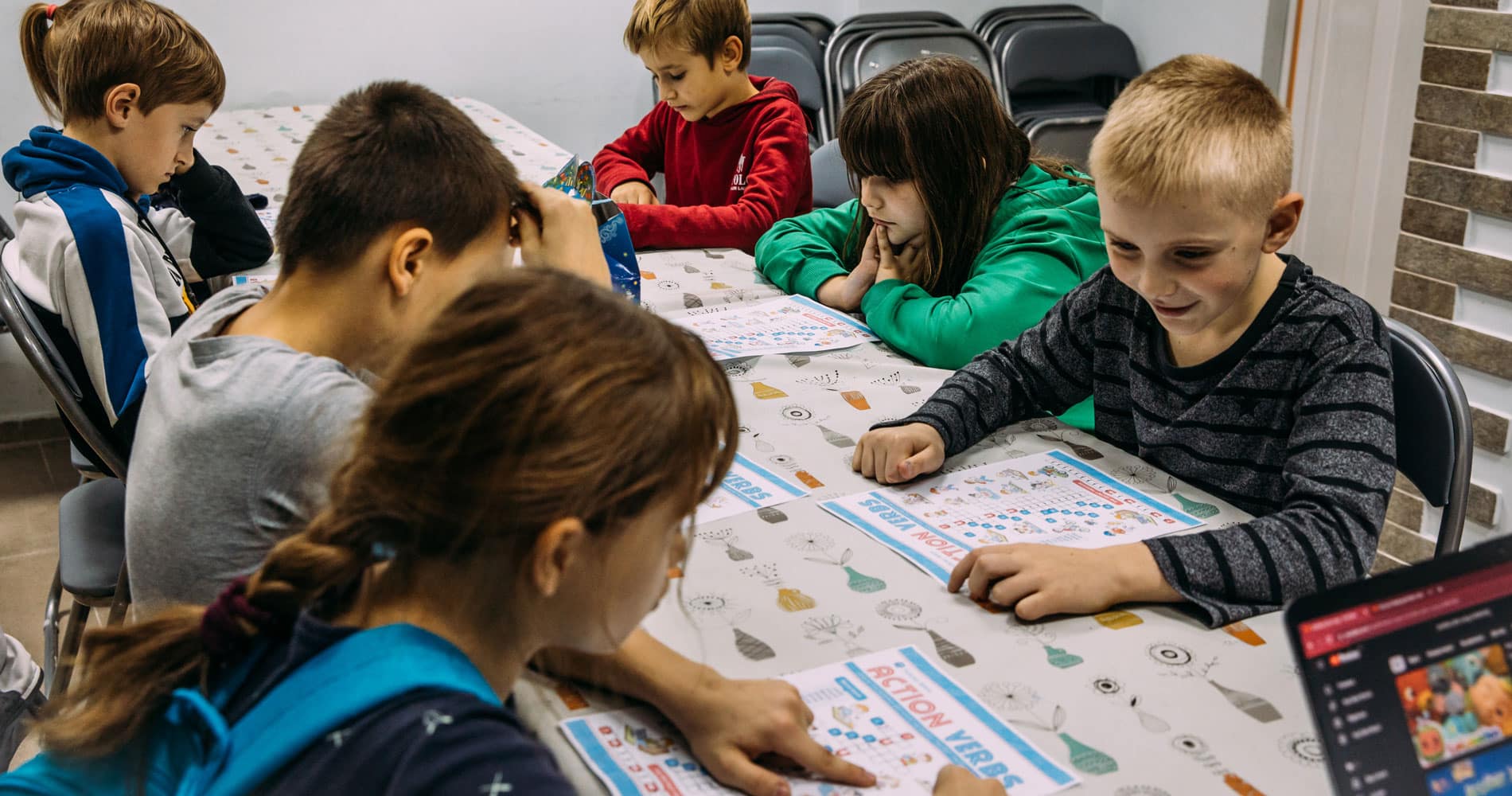
Samarbeid for 100 000 barn
Over 100 000 barn har fått en tryggere oppvekst takket være partnerskapet «A Home for a Home» mellom Heimstaden Bostad og SOS-barnebyer.
-
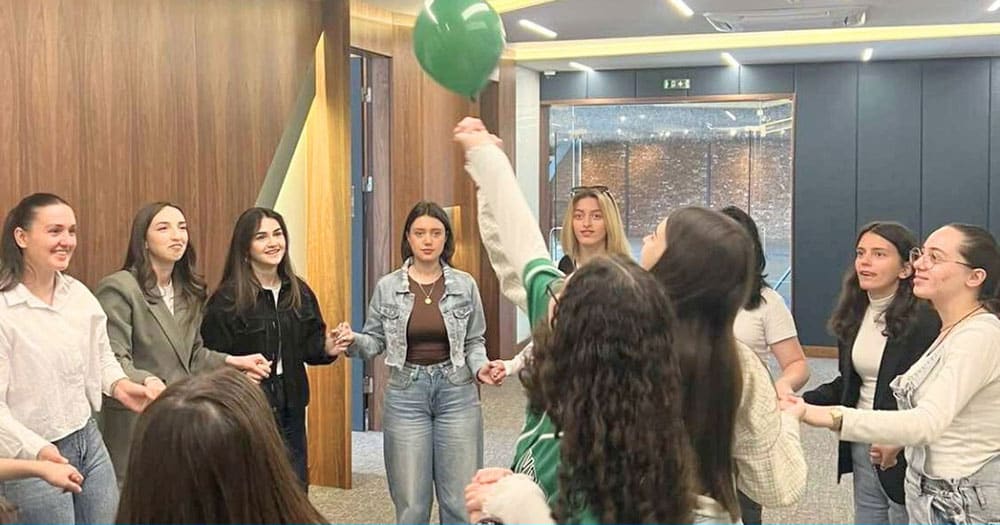
Kosovo: Håp og handling i en krevende hverdag
Landet har store utfordringer: høy arbeidsledighet, politisk uro og en vanskelig økonomi. For mange unge betyr det en usikker fremtid.
-
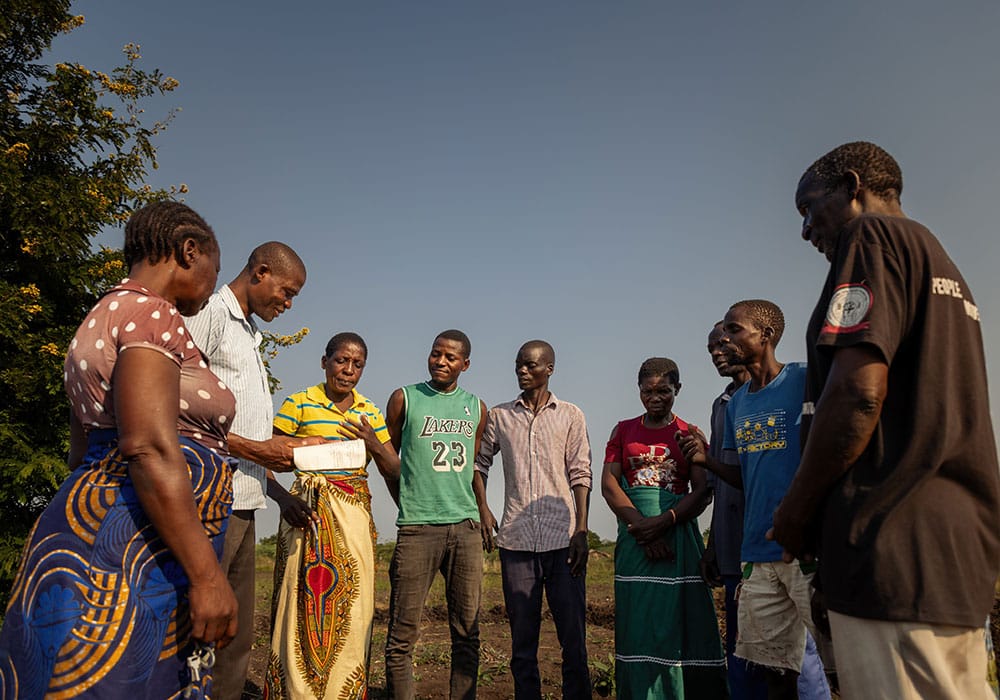
En ny retning for arbeidet i Ngabu
Mange familier i lever under fattigdomsgrensen. SOS-barnebyer jobber for at enda flere barn skal vokse med omsorg, helst i sin egen familie.
-
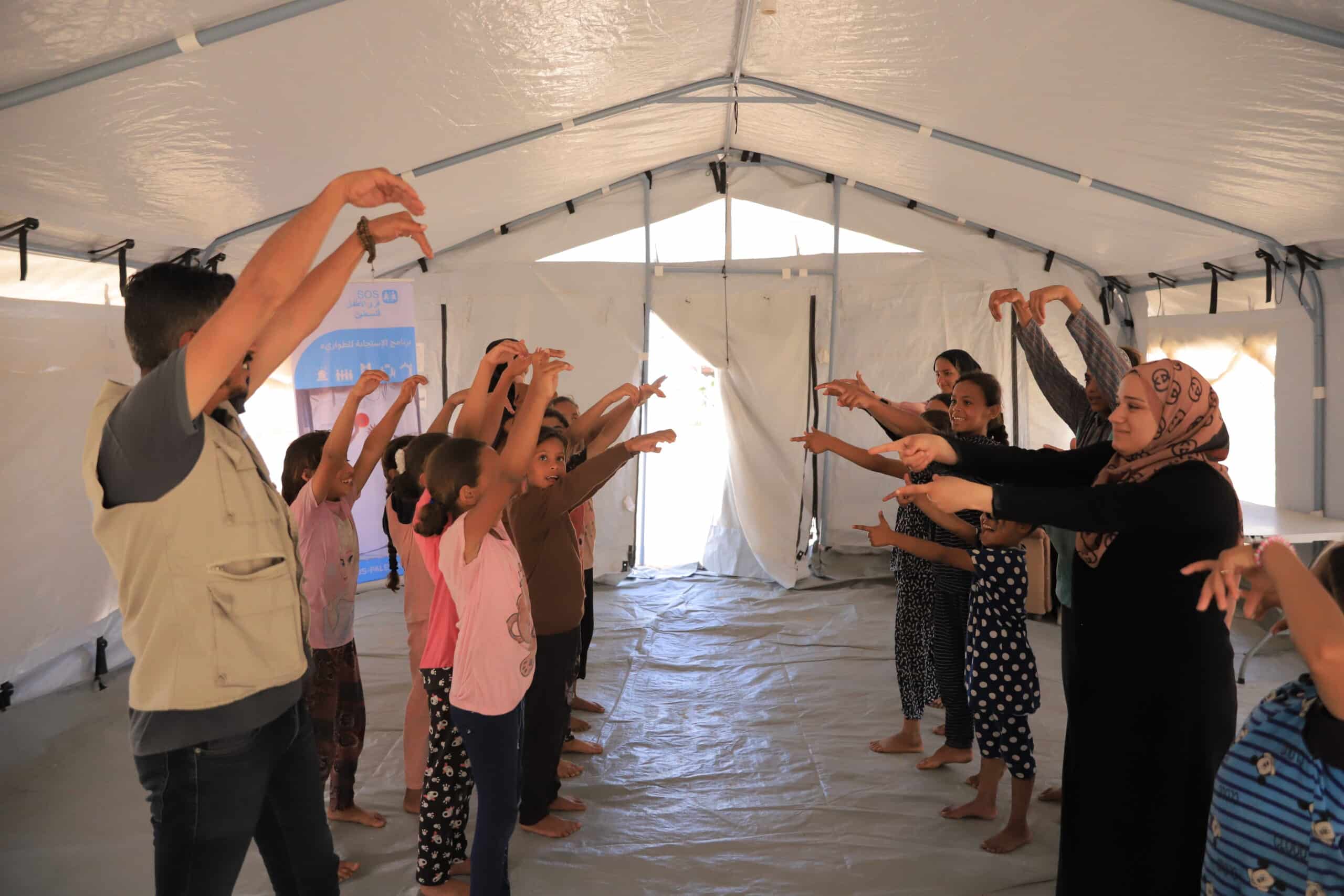
Undervisning og terapi i krigsherjede Gaza
SOS-barnebyer gir barn i Gaza undervisning, støtte og trygghet. Over 500 barn får nå et daglig pusterom med læring og stabilitet.
-

Irinas vei: Med utdanning som nøkkel til endring
Irina vokste opp i Huambo, Angola, og nå studert to år ved United World College i Norge. Les om hennes opplevelser og drømmer for fremtiden.
-
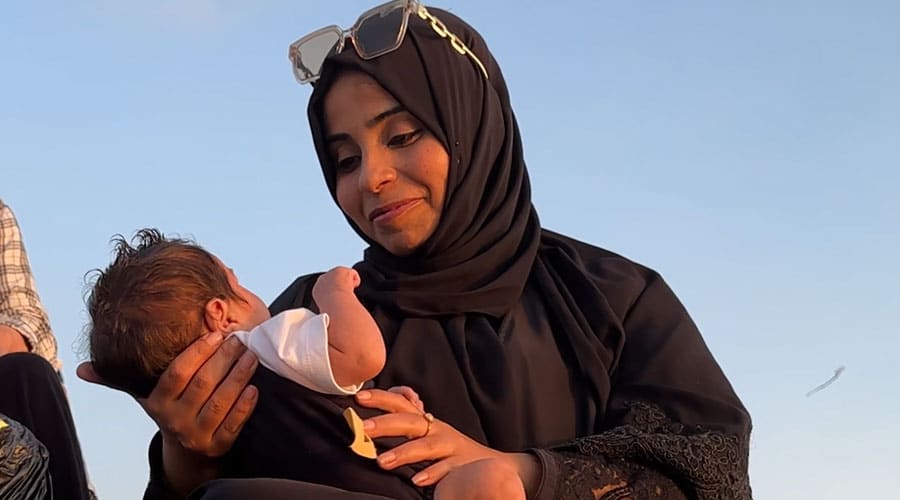
Årsrapporten 2024: Samfunnets beste investering
Takket være støtten fra blant andre våre samarbeidspartnere og givere nådde vi ut til over 7,7 millioner barn, unge og voksne i 2024.
-
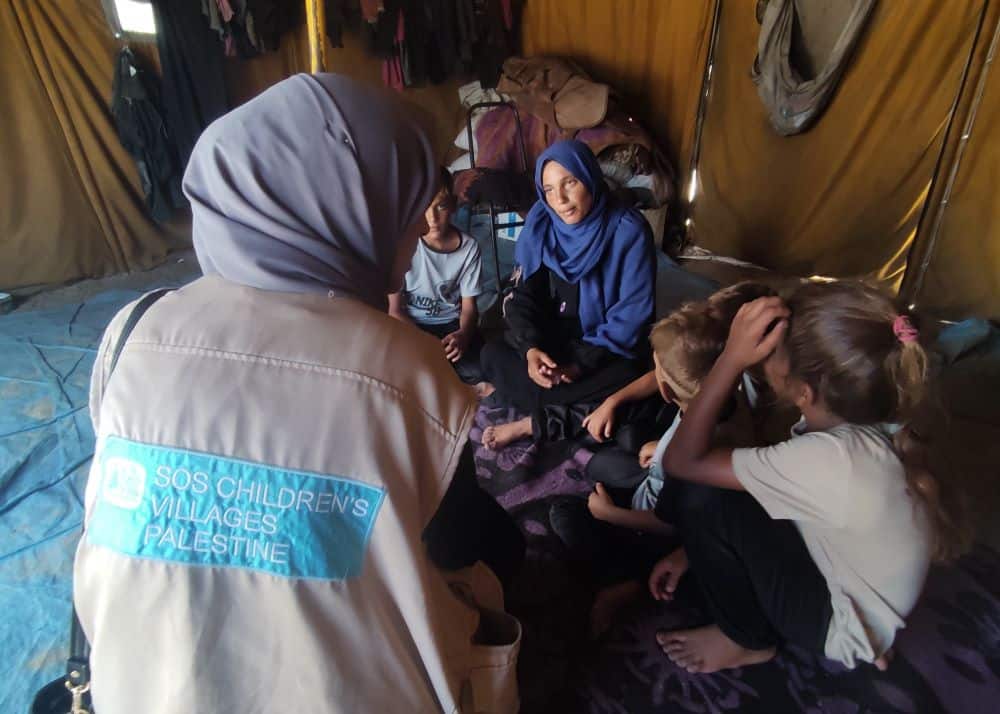
Gaza: – Det finnes omtrent ikke mat
I Gaza er det nesten ikke mat igjen. Barn lever i konstant fare. SOS-barnebyer gir trygghet og hjelp i en uutholdelig hverdag.
-
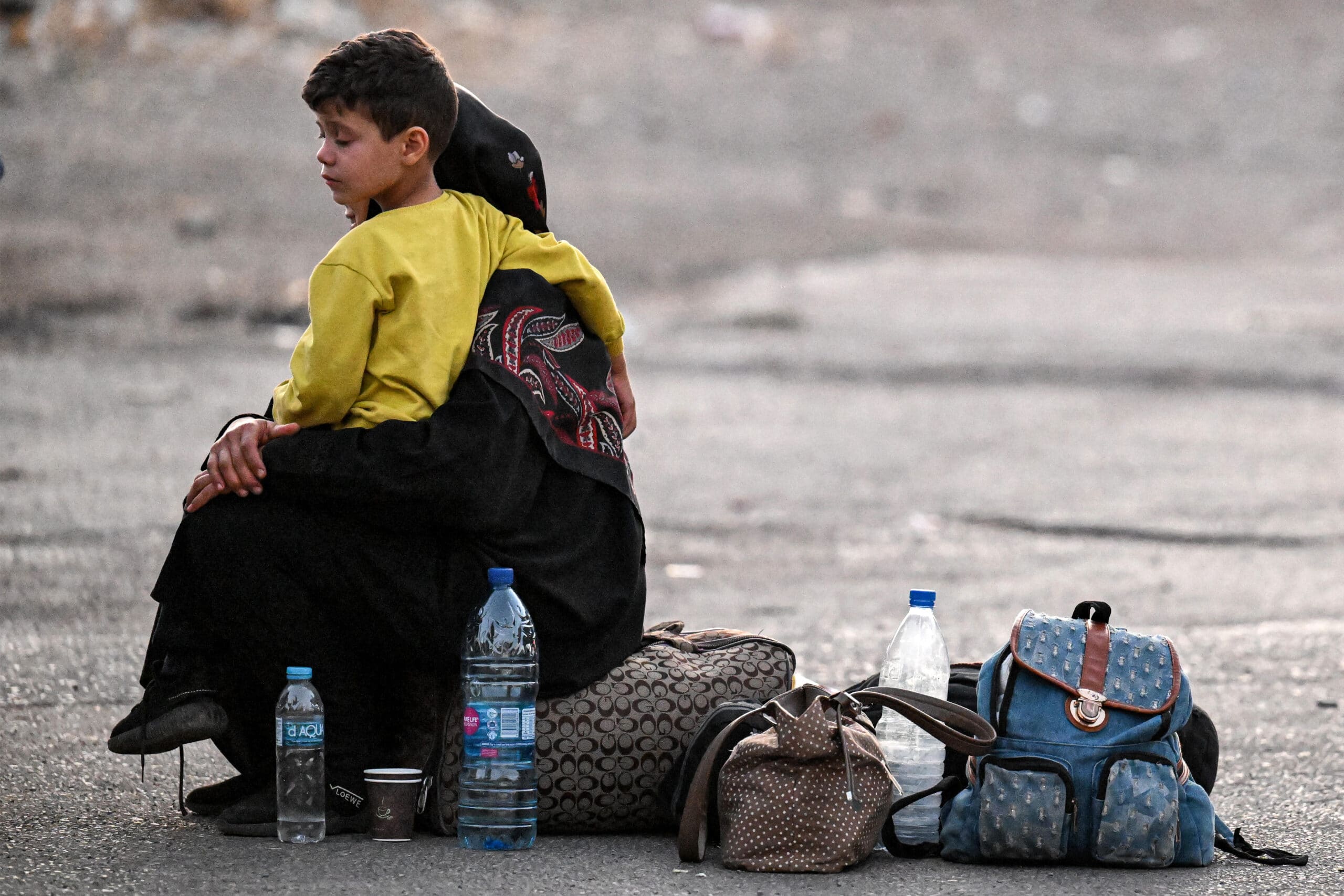
Barndom i konstant unntakstilstand
Krig fratar barn trygghet og omsorg. SOS-barnebyer jobber for å beskytte barn – ved å styrke familier og gi støtte når alt annet svikter.
